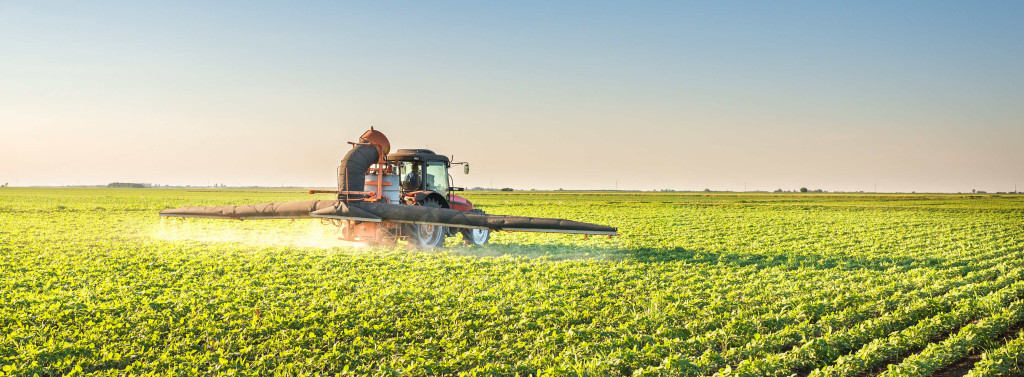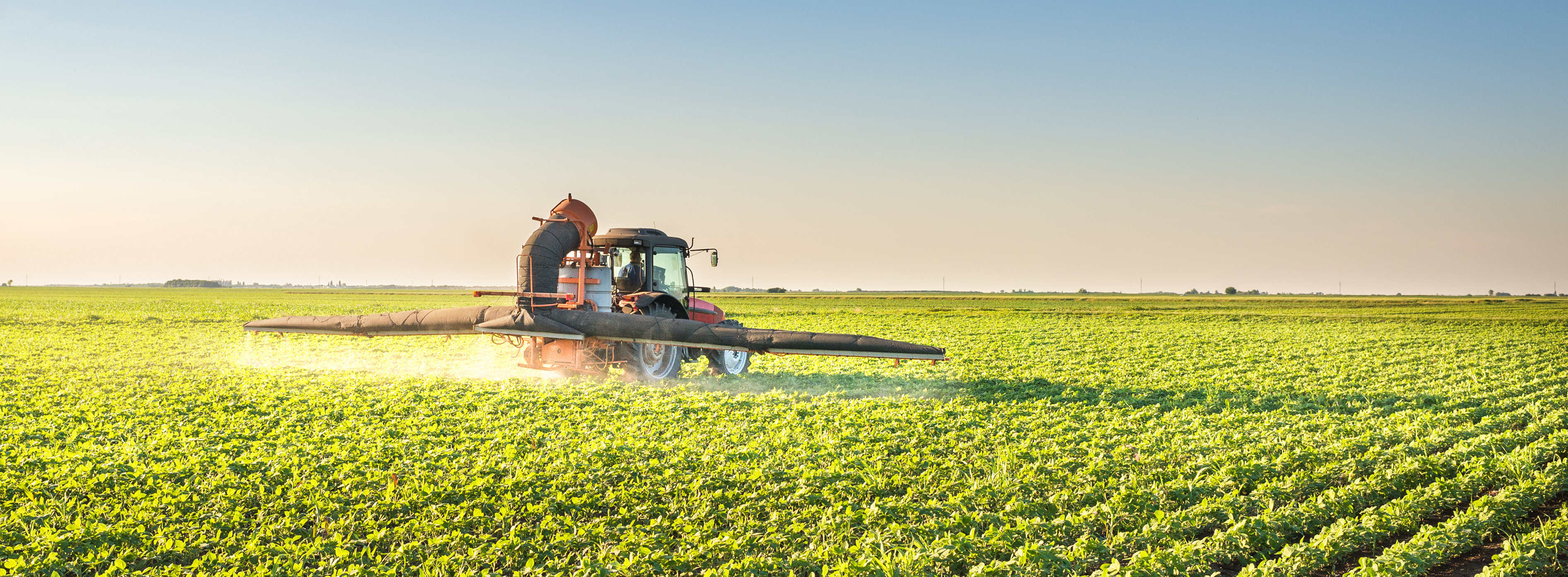 In today’s talking points: McDonald’s sells its China business for US$2.08 billion; Australian researchers develop eco-friendly nanotechnology pesticide spray; US-made animal feed hit by new tariffs.
In today’s talking points: McDonald’s sells its China business for US$2.08 billion; Australian researchers develop eco-friendly nanotechnology pesticide spray; US-made animal feed hit by new tariffs.
McDonald’s sells its China business for US$2.08 billion
McDonald’s has agreed to sell 80 percent of its China operations to CITIC and Carlyle for US$2.08 billion as it seeks to expand rapidly throughout China and Hong Kong without using much of its own capital. Under the new deal CITIC ltd will own 32 percent of the business, with CITIC Capital holding another 20 percent. Carlyle will take 28 percent, leaving McDonald’s with the remaining 20 percent. The US$2.08 billion deal will see CITIC, Carlyle and McDonald’s form a new company to act as a master franchise in China and Hong Kong, controlling its 1,750 chain restaurants, for the next 20 years. The US fast food chain said local partners would speed up growth in the world’s second largest economy, allowing the franchise to expand into smaller cities that are expected to benefit from increased urbanisation and income growth. McDonald’s plans to open 1500 new stores in the next 5 years in China, focusing on key areas including menu innovation, improved restaurant convenience, retail digital leadership and delivery.
Read more at: Shanghai Daily
Australian researchers develop eco-friendly nanotechnology pesticide spray
Australian researchers from the Queensland Alliance for Agriculture and Food Innovation (QAAFI) and the Australian Institute for Bioengineering and Nanotechnology (AIBN) say they have developed a spray that provides a sustainable way to protect crops from pests and diseases. The spray, known as ‘BioClay’, was developed to help the rural sector in the fight against pesticide resistance. The spray is made up of clay, containing molecules of double-stranded RNA, which can switch off gene expression and prevent plants from being susceptible to a virus. According to Professor Xu from AIBN BioClay will have, “huge benefits for agriculture in the next several decades” and “the applications will expand into a much wider field of primary agricultural production.” RNA technology has been criticised for being too expensive for farmers to use to protect their crops. However, Professor Mitter, research leader and agricultural biotechnologist, said it is becoming cheaper and farmers would be able to afford it soon.
Read more at: ABC News
US-made animal feed hit by new tariffs
On Thursday, China started levying hefty anti-dumping and anti-subsidy tariffs on U.S. corn products used as animal feed, which serves as a reflection of the latest development in an array of trade disputes between the world’s two largest economies. Going-up from the original de facto 33.8% tax that the Ministry of Commerce imposed in September, punitive tariffs on U.S.-made dried distillers grains with or without soluables (DDGS) have been raised to 42.2% to 53.7%. The ministry announced its final ruling in an investigation that had been prompted by complaints from local suppliers in November 2015. Chinese companies had said corn subsidies in the U.S. were indirectly benefiting U.S. suppliers of DDGS (a corn-based byproduct from the ethanol industry used by animal breeders as a substitute for corn and soymeal), allowing them to flood the Chinese market. Following-up on these concerns, the ministry investigation found that the market share of DDGS supplied by American producers, traders and their Chinese partners targeted in the probes rose from 41.6% at the beginning of 2012 to 70.2% in the first nine months of 2015. That hurt local companies, who were forced to reduce prices despite rising costs.
Source: Caixin

